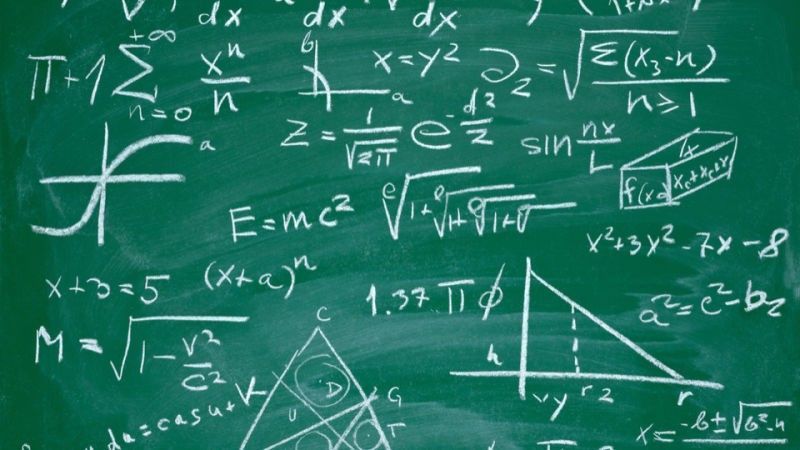There IS a right answer
If people aren't critical and holistic in their thinking, then we’re screwed. People being wholly misinformed about the role of math is a serious problem.

Math is a tool for solving problems.
Recently I saw this posted by various folks on my Facebook feed -
Usually, I ignore this stuff because it’s either dumb or because people are just engaging in some harmless fun. But something about this post, and more specifically, people’s reactions to it annoyed me. Though, it’s not quite a focal point of the article, everyone commenting on it (on Facebook) seemed to land at the same conclusion:
LOL, there is no right answer! ¯\_(ツ)_/¯
Except, that’s completely fucking wrong and I think it speaks to a major misunderstanding of the role and boundaries of mathematics. If you read through the article and the comments I saw, two possible results for the given equation are 9 and 1. The article explains that the reason for the two results is because there are two different ways to solve the equation based on different order of operations methods. This led many commenters to say that there is “no right answer” and it just depends on which method you think is right.
This is the wrong way to think about it because there IS a right answer, and the right answer is either 9 or 1. While seemingly trivial, this is entirely different than saying there is no right answer. Saying there is no right answer implies there is nothing else to be done. Saying there is a right answer and even having the luxury of a few options implies there is more work to be done. But if there’s more work to be done, then what’s missing? Context.
While the article doesn’t drill into there not being a right or wrong answer, it also misses the point by diving needlessly into the depths of PEMDAS and other pointless acronyms. You don’t choose a method and then produce the answer. You are already choosing your answer when you choose your method. The two things are inextricably tied together. The actual thinking part of this whole process is choosing the method by which to solve the equation.
When you’re doing math and you’re crunching numbers, you are at the last step. The actual work is all the thinking that comes before you get to numbers and symbols. The actual work is discovering the context. What question is actually being asked? What do these numbers represent? How is the resulting answer going to be used? If you find yourself at a fork with multiple options (i.e. which order of operations method do I use), then that means there is a question for which you need to find an answer.
Now here, this is just a silly problem posed for the sake of a silly conversation. There is no context because it’s purely hypothetical. But people, even (especially) of the educated variety, often assume math is just something that exists in a vacuum on its own. But math is just a tool — one of many tools — to solve problems. Writing, performing, reading, experimenting, conversing are examples of other tools for solving problems, or more generally, to experience and better understand the world around us. None of these exist in a vacuum and are better used together along with, at least, basic critical thinking skills.
I think this bothered me more than usual due to the 2016 US election and particularly the rise of “fake news.” Fake news isn’t old, and it’s not going anywhere. Social media has given it a mass distribution engine and equalized it with real and intelligent news. If we don’t educate and train people to be critical and holistic in their thinking, then we’re pretty much fucked. People being wholly misinformed about one of our essential tools is a serious problem.

